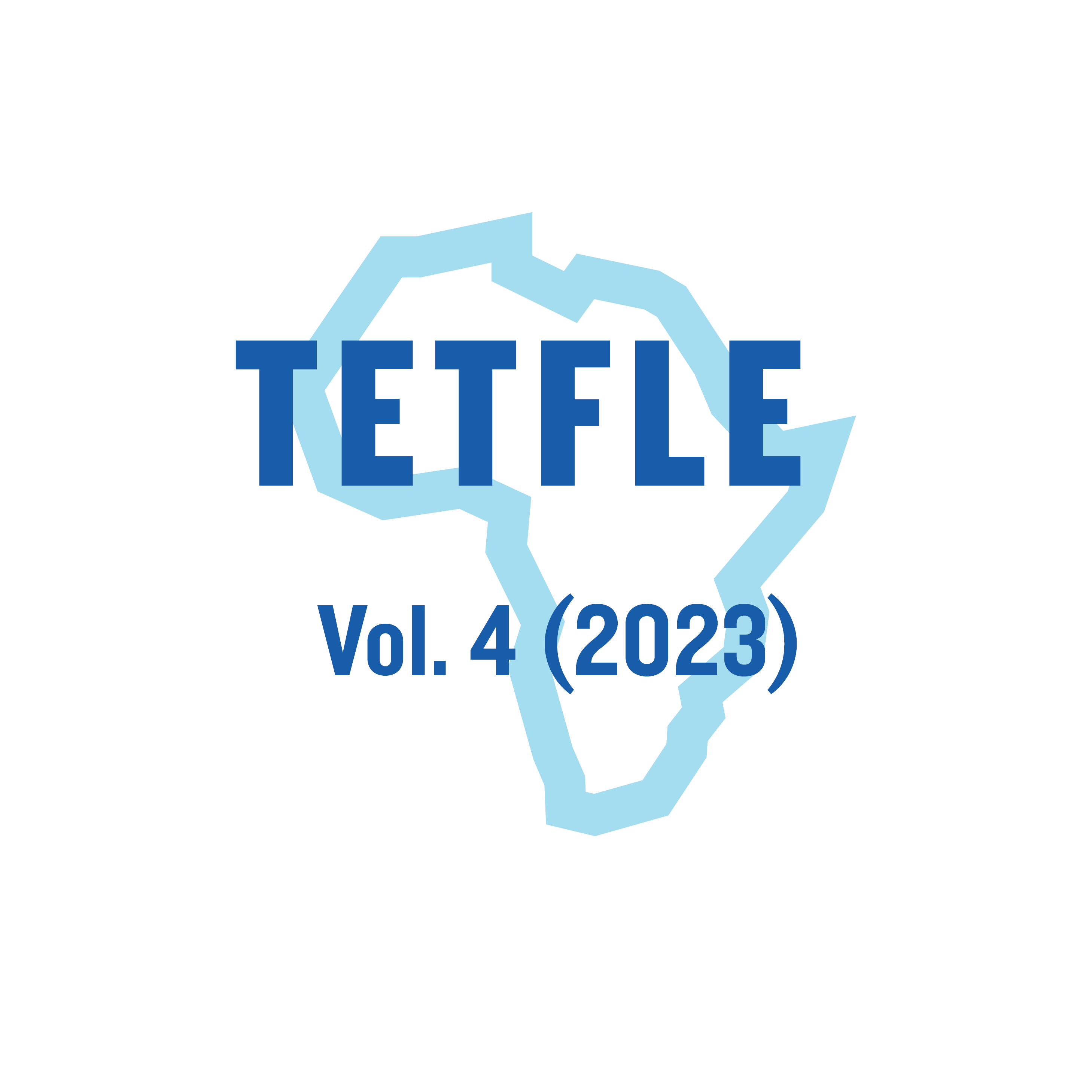Teaching practice efficacy for preservice student teachers under COVID-19: A case study of Chitungwiza schools.
DOI:
https://doi.org/10.35293/tetfle.v4i1.4272Keywords:
COVID-19, distance teaching practicum, pre-service teachers, pandemicAbstract
This qualitative case study aimed to evaluate pre-service student teachers’ conceptions of the quality of teaching practicum on their preparedness for service. The establishment of teaching practice efficacy under pandemic induced circumstances can inform teacher education on developing new models of supervision. The COVID-19 outbreak around November 2019 created extensive interruption across all human activities. Lockdowns and movement restrictions to curb the spread of the disease had a profound impact on access to education in general and in particular pre-service student teachers' teaching practice. Focus group discussions and semi-structured individual interviews were used to solicit views from a sample of twenty students attached to two primary schools and their mentors and six teaching practice lecturers from two primary school training colleges. Data were analysed thematically. The results indicated that pre-service student teachers and the entire education sector were caught unprepared by the sudden demand for online education. The study found infrastructure and human capacity deficit to ensure the provision of quality education effectively. A prolonged school absence meant students could not thoroughly test theoretical knowledge through practice. The study established that pre-service student teachers need support through further training on emerging online teaching and learning technologies after the practicum. Mentors also need urgent in-service training on the use of information communication technologies. Lastly, the government must start developing policies that promote and enhance support information communication infrastructure availability. Further research might look into the well-being of pre-service students in a pandemic environment.
Downloads
Published
Issue
Section
License
Copyright (c) 2023 Abigirl Mawonedzo

This work is licensed under a Creative Commons Attribution-NonCommercial-ShareAlike 4.0 International License.

Authors who publish with this journal agree to the following terms:
Authors retain full copyright and grant the journal right of first publication with the work simultaneously licensed under the Creative Commons Attribution Share-alike 4.0 International License This license lets others remix, adapt, and build upon authors' work non-commercially, as long as they credit the author and license their new creations under the identical terms that allows others to share the work with an acknowledgement of the work's authorship and initial publication in this journal.


